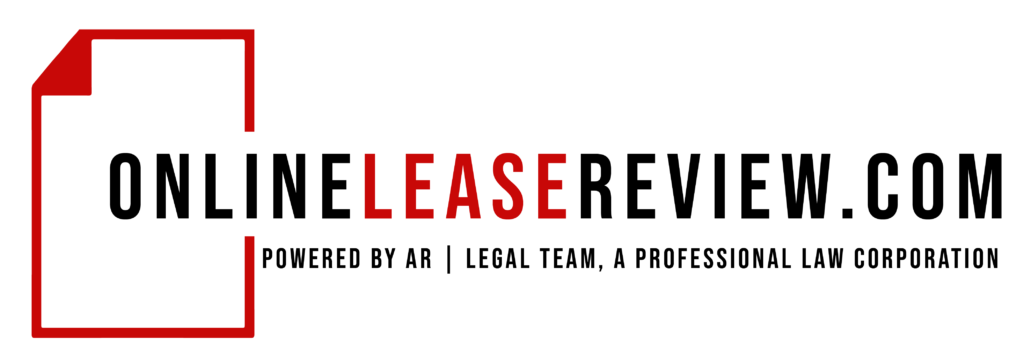Leasing commercial space is a significant step in any business’s growth. It represents a commitment to establishing a physical presence and a considerable investment in both time and resources. But before you sign that lease agreement and get the keys to your new space, there are crucial details you should review to ensure that the lease agreement is in your best interest. As the saying goes, the devil is in the details. So, let’s look at five must-review provisions of a commercial lease agreement that can have significant implications for your business.
- First on our list is the rent escalation clause. It’s easy to overlook this provision when you’re focused on the excitement of a new space, but it’s crucial to understand how it works. This clause allows landlords to increase your rent periodically, usually annually, based on predetermined conditions. Make sure to read the lease agreement carefully and understand the timing, frequency, and percentage of any rent increases. You don’t want to be caught off guard with unexpected rent hikes that can hurt your business’s bottom line.
- Next, it’s essential to understand who’s responsible for the maintenance of the space. While you may assume that your landlord is responsible for repairs and upkeep, this may not always be the case. It’s essential to review the lease agreement to understand the maintenance responsibilities, including who is responsible for minor repairs, major renovations, and ongoing upkeep. This will help you avoid unexpected costs and make a more informed decision about the space you’re renting. While it’s typical for landlords to handle major repairs and renovations to the space, minor maintenance is often the tenant’s responsibility. This includes day-to-day upkeep, such as cleaning, trash removal, and minor repairs, like fixing a leaky faucet or replacing light bulbs. However, the specifics of these responsibilities can vary from lease to lease, so it’s important to review the lease agreement to fully understand what maintenance tasks you’ll be responsible for. In some cases, the landlord may require you to maintain the space to a particular standard or require you to hire a professional cleaning or maintenance service regularly. Make sure to review these requirements and ensure that they’re reasonable and feasible for your business. It’s also essential to understand who is responsible for major repairs and renovations. This can include everything from replacing the roof to upgrading or replacing the HVAC system. In many cases, landlords are responsible for these types of repairs, but it’s important to confirm this in the lease agreement to avoid any unexpected costs or disputes. If the tenant is responsible, consider negotiating a cap on the tenant’s liability for this, and negotiating a landlord warranty period at the beginning of the lease. Another key consideration when it comes to maintenance responsibilities is the timeline for repairs. It’s important to understand how quickly repairs will be made in the event of an issue and who will be responsible for the associated costs. For example, if the space’s heating system breaks down during the winter months, how quickly will it be repaired, and who will be responsible for paying for the repairs? Taking the time to review the maintenance responsibilities section of the lease agreement can help you avoid unpleasant surprises and ensure that the space is maintained in a way that meets your business’s needs.
- Another critical provision to review is the termination clause. While you may not be thinking about ending the lease before you’ve even moved in, life happens, and circumstances can change. Understanding the termination clause is critical in avoiding penalties for early termination or the inability to terminate when needed. It’s important to understand the notice period, potential penalties, and other provisions that will allow you to end the lease agreement early if necessary.
- Our fourth must-review provision is the renewal option. Planning for the future is crucial when renting a commercial space. Even if you’re not sure if you’ll need the space beyond the lease term, it’s wise to include an option for renewal in the lease agreement. This option gives you the flexibility to extend your stay in the space if your business is thriving, without the risk of losing the space to another tenant. Make sure you review the number of renewal options, the term of each option, and any potential changes to the lease terms during the renewal period.
- Last but not least, it’s essential to review the use restrictions in the lease agreement. These restrictions will dictate what you can and cannot do with the space, including what kind of business activities are permitted. You may be restricted from making significant renovations without the landlord’s approval or from subleasing the space to another tenant. It’s important to ensure that the use restrictions don’t impede your business’s ability to operate effectively.

